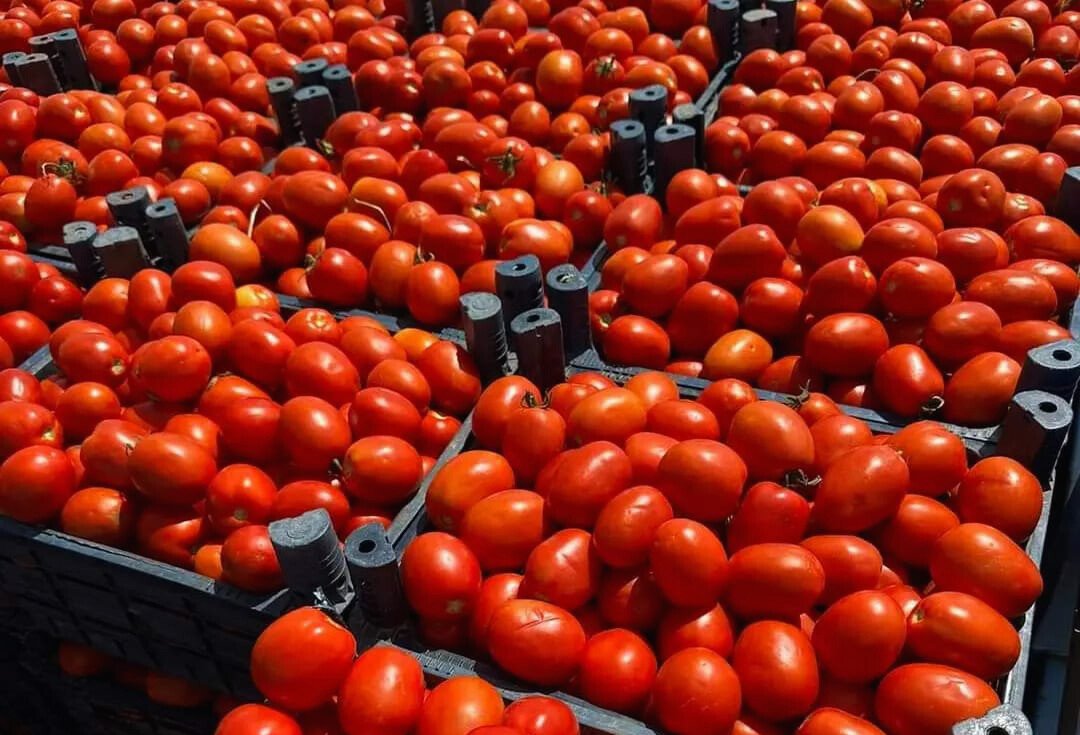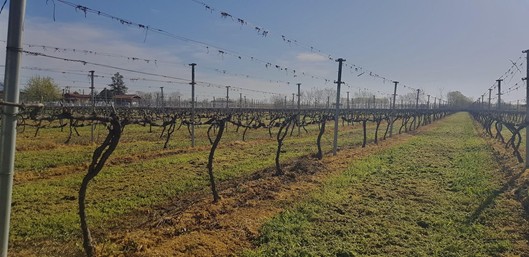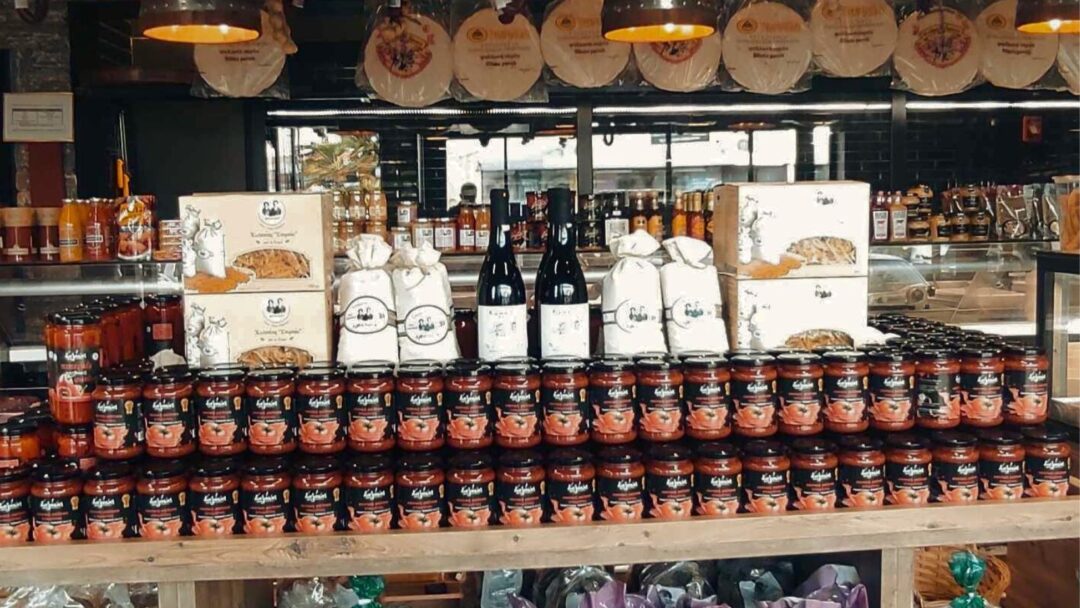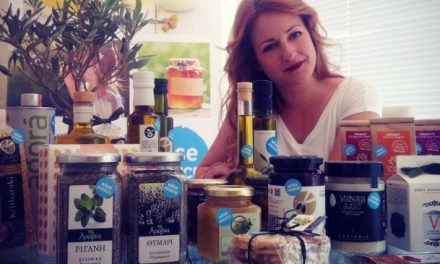The multidimensional value of tomato
The Greek agricultural sector has always been the cornerstone of the national economy.Tomato is not merely an integral element of the Mediterranean diet– it is a key driver of the Greek economy in general and of the economy of specific regions such as Central Macedonia, Thessaly and Peloponnese. Its cultivation represents a high percentage of the primary agricultural sector and it remains, consistently, among the country’s top exported agricultural products, especially in high-demand markets, such as the UK, France, Germany, as well as in Greek Diaspora communities across the globe.

Notably, tomato serves as a vital raw material for the food industry and the production of sauces, juices and a wide range of derivative products. The multidimensional value of tomato is also evident in the creation of thousands of jobs, employing workers across all stages of the agriculture production chain.
An integral part of the Mediterranean diet
In 2010, the Mediterranean diet was inscribed on UNESCO’s Representative list of Intangible Cultural Heritage of Humanity, as it represents a living cultural practice. The Mediterranean diet promotes longevity, reflects traditional cooking practices and culinary techniques, emphasizes sustainability through the use of seasonal local and unprocessed products.
Tomato is one of the core ingredients of the Mediterranean diet, valued both for its exceptional nutritional profile, as well as its culinary indispensability. It is rich in vitamin C, potassium, fiber, and has been associated with reduced risk of cardiovascular disease and certain types of cancer. Furthermore, the tomato is deeply embedded in the daily Mediterranean diet, with its most famous culinary uses including the Greek (xoriatiki) salad, Gemista, stuffed with rice, and as a base for various tomato sauces used in multiple traditional dishes. Due to its wide range of culinary uses, the tomato reflects its everyday presence in Mediterranean life.
From Traditional Farming to Entrepreneurial Innovation
Today’s engagement in the agricultural sector must be distinguished from the “traditional farming way of life” of the past centuries. Agriculture, in the early years of the modern Greek state, was primarily a rural activity, carried out by small-scale farmers, who cultivated their small plots of land for family and local consumption, having no formal business plan. In contrast, today, tomato cultivation has broken these boundaries, evolving into a professional business activity for passionate connoisseurs of the rich Greek land, who operate across large geographic areas and apply modern agricultural expertise.

Greek tomato cultivation has embraced modernization, without losing its quality. Modern cultivation of products does not solely depend on traditional methods and manual labour. The process is now fully modernized and equipped with advanced machinery, innovative production methods and techniques, as well as systems for sorting and distribution, extending from the primary to the tertiary sector of production. These methods also reduce vulnerability to unpredictable weather conditions, which has always been a challenge in agricultural production. Despite the use of modern methods, Greek producers maintain products purity: careful harvesting and processing, precise management of temperature and humidity and the advanced cleaning and storage systems, contribute to avoid chemical preservatives, artificial colours and the loss of their freshness. However, manual labour remains an integral part of the agricultural production sector, ensuring high-quality and essentially expressing producers’ deep love for the land.
Agriculture in Motion
Today, a Greek family, in Giannitsa, in Central Macedonia, has chosen to devote themselves to the treasures of Greek agricultural production: the tomato. Apostolos Kazakis tells us his story, on how the spirit of agricultural production and processing and the love for the goods of the land has been instilled in him from a very young age. «My grandfather began in 1942, being a small-scale traditional distiller. Then my father took over, and since 2000, I have been carrying on the Kazakis family tradition». Despite the prevailing shift towards modern urban lifestyles and careers, Greek families, such as the Kazakis family, chose to remain dedicated to agriculture. « I grew up to love our family’s tradition in the agricultural field. It’s a demanding job, I used to spend most of my time growing up in our facilities, observing closely the production process ». When asked, what makes this product stand out, he referred to their cultivable lands, which produce a pure product, without preservatives, made with new methods but with old « know-how» and experience. This expertise was recognised, by receiving the Authentic Greek Taste Award, in 2022, established by the globally recognized organization Greek Taste Beyond Borders GTBB.

Apostolos’ family is one of the many Greek families, maintaining the agricultural sector of Greece, with hard work, patience and commitment to their product and their tradition. They have promoted their products in the traditional way: word spread from one person to another and recently through social media, establishing their presence, not only in Greece but worldwide. Apostolos’ products have crossed borders, reaching German, Polish, French and especially Greek Diaspora consumers. He talks about this expansion as a touching moment, being only the beginning of spreading Greek tradition and flavour across the globe.
Athanasia Santikou [written during her internship at the Department of Digital Communication of E1 Directorate for International Public Relations]
TAGS: BUSINESS & TRADE | MED DIET













